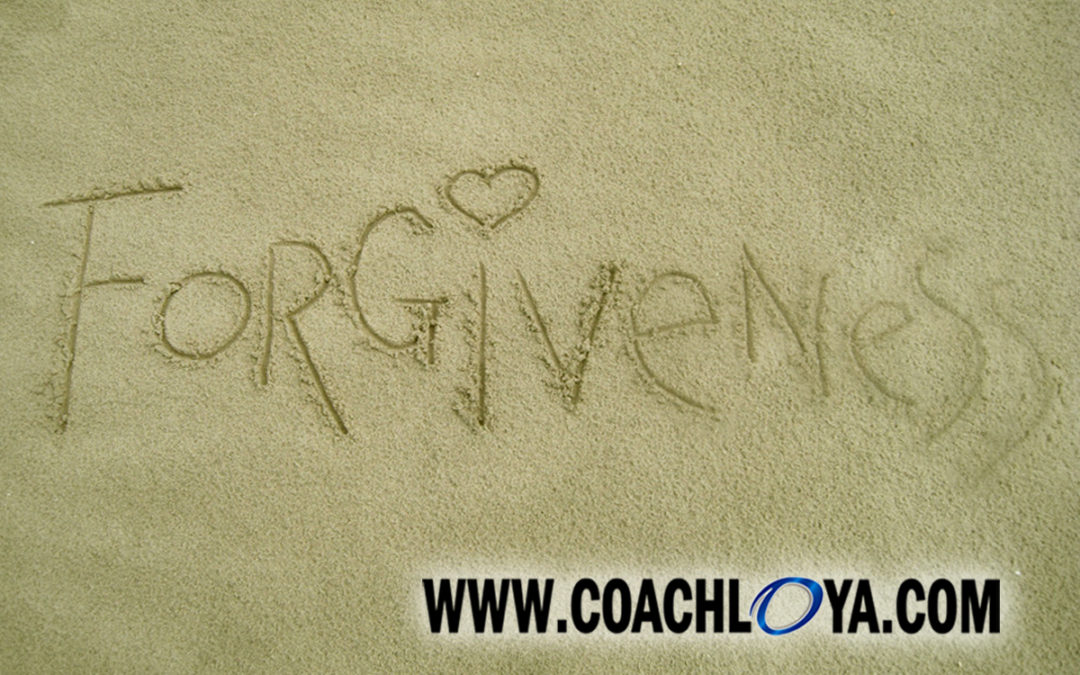#GivingTuesday always coincides with the weekly release of Teammate Tuesdays. And yes, adding the hashtag and mashing the words together (capital “G” and capital “T”) is the preferred way to reference the occasion.
I’ve previously written about the history of #GivingTuesday, so I won’t rehash the entire story. The condensed version is that a group of caring individuals in New York City came together in 2012 to create a day that “encourages people to do good.”
Now mentioned in the same breath as Black Friday and Cyber Monday, #GivingTuesday (the Tuesday after Thanksgiving) has become a holiday where, according to the organizer’s website, hundreds of millions of people “give, collaborate, and celebrate generosity.”
When we think about all the ways to be generous and all that can be given, sometimes we look past an incredibly impactful option—forgiveness. Giving forgiveness is a great way to do good, especially for members of a team.
Letting go of feelings of resentment, anger, or vengeance brought on by transgressions releases us from the emotional burden of living in the past. When you forgive, you focus on what happens from that moment forward. The past disappears and becomes inconsequential to you.
For some, giving forgiveness can be hard to do—unthinkable, even. People will try to ease into the process with the approach of forgiving but not forgetting. Unfortunately, this flawed approach doesn’t bear the fruits of genuine forgiveness.
Forgiving but not forgetting falls into the same category as trust but verify. (If you need to verify, it’s not trust! It’s rhetoric.)
To have genuine trust, you must have faith. To give genuine forgiveness, you must forget. Forgiving and forgetting are inseparable.
When a creditor forgives a debt, whatever was owed is forgotten. The balance due reads zeros. The slate is wiped clean. Banks don’t send debtors letters notifying them of their debt being forgiven, then turnaround and send a follow up letter reminding them that they still owe a debt.
Once the debt is forgiven, it disappears. The same applies to forgiving transgressions. Move the transgression to the past and forget about it.
The person who did you harm might not be willing to apologize. They might not feel sorry for their transgressions. They might not deserve forgiveness. The harm they caused might not be worthy of forgetting. But the good that comes from forgiving and forgetting doesn’t have to be exclusively viewed from the transgressor’s perspective.
Forgiving brings an inner peace to the forgiver that helps them move forward.
If someone on your team has harmed you, forgiving their transgressions can lighten your emotional load and free you to focus your energy on more meaningful and productive tasks. Whereas holding onto the harm can weigh you down and turn you into the more toxic teammate.
This #GivingTuesday, consider giving the gift of forgiveness to your transgressors, bearing in mind that often the transgressor most deserving of forgiveness is yourself. Forgive. Forget. Move forward.
As always…Good teammates care. Good teammates share. Good teammates listen. Go be a good teammate.





